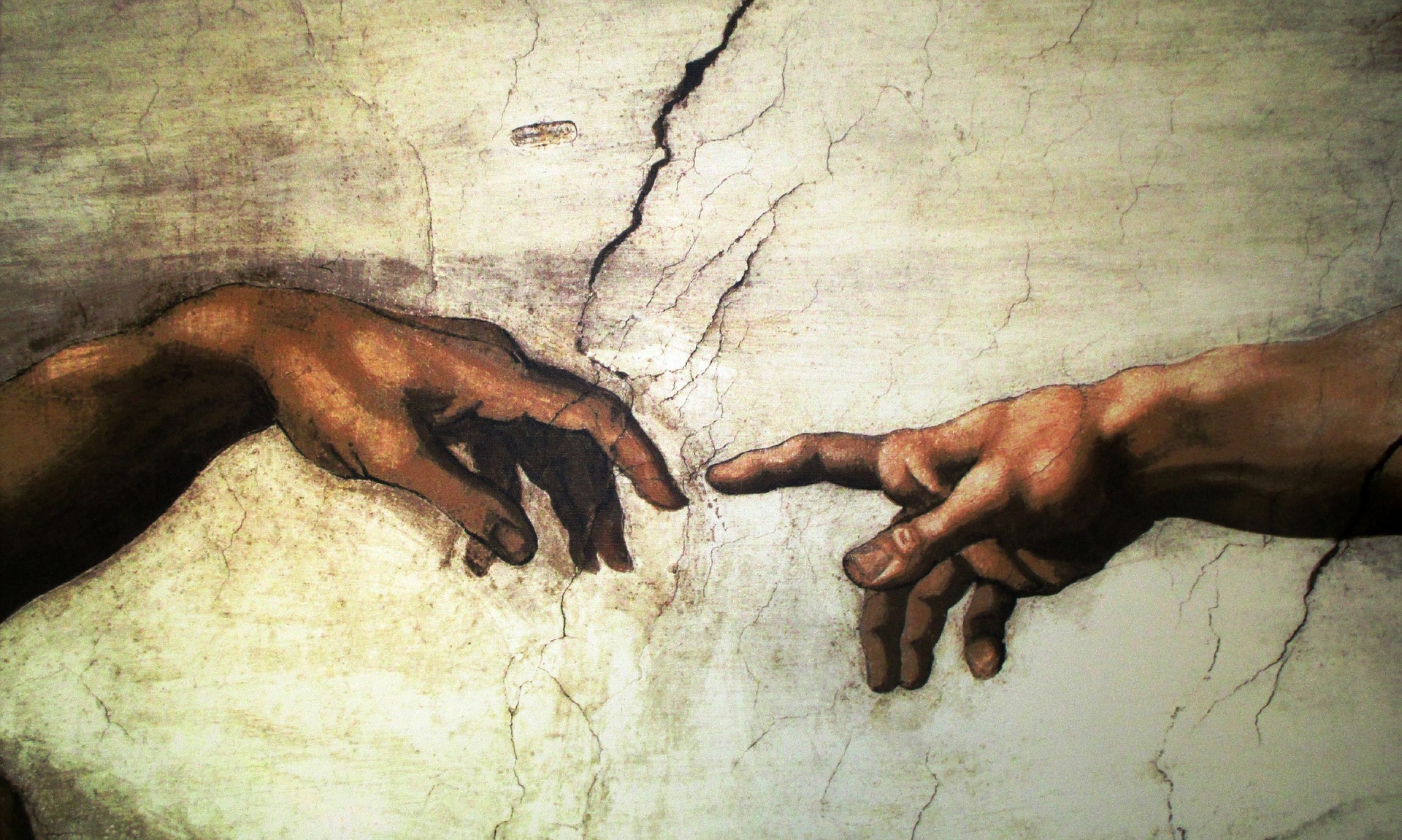Reformation: Beginnings
The information provided here was translated from CEPAD’s self-study theology booklet on the Protestant Reformation with the permission and approval of the authors. This is not a full translation of the material, but rather a brief overview. This booklet is provided to participants in CEPAD’s Pastoral Training Program. Many pastors do not have any formal theological training, and we aim to provide some education to help them understand and teach the Bible better.
In order to understand the objective and success of the Reformation, we need to know the historical context, not just the spiritual circumstances, but the religious and economic relationships in Germany and the rest of Europe.
In the Middle Ages (the 8th to 14th centuries), before the Reformation, there was a mutual and profound dependence between Germany and the Holy Catholic Church of Rome. The Pope would crown the German rulers, gaining more and more influence in politics. Because of the Concordat of Vienna, which was signed in 1448, the Pope had power in the elections and could even charge certain taxes.
However, there were many other European countries who were more independent from the Church, and Germany began to complain. They felt that the Pope had robbed them of their riches due to many high taxes. Much of German society was unhappy. The gap between the few rich and the many poor was very big, and the poor began to rebel against the rich.
Spiritually, many priests and the Pope preached about God as a firm judge, and the people were afraid. They started attending mass and going on pilgrimages, convinced that their good works would have an impact on the Final Judgement.
With this basic overview of the context, let’s take a closer look at Martin Luther. He grew up in the northeastern area of Germany in a family that was more or less poor. Over time, however, his father grew to be a large and successful businessman. Luther himself was a very good student and decided to get a degree in law to work as a lawyer or a judge, both very stable jobs. However, Luther’s future changed suddenly when he was almost struck by lightning. In his fear, he called out for divine help and promised to become a monk if he lived. Making these kinds of promises at the time was normal, as people thought that those who devoted themselves to the Lord in this way had a sure way of getting into heaven.
Even though he devoted himself in the monastery, Luther was still unsure about his salvation. While many told him that entering into monkshood was a good deed that would assure him of his salvation, Luther wanted something sure. His mentors suggested that he study Scripture and was later sent to Rome on monastery business. Luther left Rome with a sour taste in his mouth after experiencing the superficiality of clerical life.
Once Luther finished his scriptural studies he became a teacher at the University of Wittenburg, where he was highly regarded as a theologian. As Luther continued to study scripture, he found the surety he was looking for in Romans 1:17 (For in the gospel the righteousness of God is revealed-a righteousness that is by faith from first to last, just as it is written: ‘The righteous will I’ve by faith.’). Luther knew he was saved not by good works, but by God’s grace, which He gives freely to mankind.
This thought was very counter-cultural at the time. The Church was promoting indulgences, monetary payments that could be made to the Church to serve as good works in the eyes of God. Because much of society was trying to earn their salvation, these indulgences became a large stream of revenue for the Church. Seeing economic opportunity, even those outside the Church tried selling indulgences to make money.
Martin Luther didn’t agree with the idea of indulgences, and invited the local archbishop to a debate. He nailed his 95 theses to the door of the Wittenburg Church on October 31, 1517, which was the custom at the time, and was surprised when his theses were translated and spread across Germany and Europe.
In part three of the Reformation study, we will look at the Church’s reaction to Luther’s theses, but first we’ll look a little closer at Luther’s arguments in part two.



